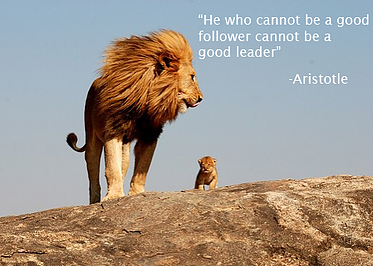
Over the last six months we’ve been investing a lot of time and money into our operations and services processes. We’re working with a consultant on several of the initiatives, and one of the first questions he asked me was, “So, what led you to start this business?”
I guess the question connected with my reptilian brain, because before I even realized I was answering the question I said, “It certainly wasn’t to manage a group of people.”
I know this resonates with many of the readers of this blog, as managing people is one of the top areas of frustration for small and mid-market company (SME) executives. There’s some good news for those whose purpose in business isn’t to manage people.
The job of (successful) managers is increasingly focused on defining clear objectives, supporting their people and coaching them for success. Coaching requires a very different mindset than managing; one that I find more conducive to entrepreneurs and SME executives.
When coaching, you’re providing leadership and allowing your people to be self-directed. Coaching starts with a focus on actions (rather than teaching). From actions you and the person you are coaching can then assess the results of the action you are focused on together. Those actions either matched expectations or didn’t.
At this point you’re dealing with data and experience, rather than with opinions and feelings. This allows you to jointly assess how things are working, without anyone feeling like they're being attacked. When you’re working with data and experience, real learning can take place.
I’ve learned that there are three valuable questions to ask when coaching people. For these questions to work, you’re only allowed to ask clarifying questions during the process. If you need to provide additional direction, you must wait until all three questions have been fully answered. You may even decide to answer the three questions yourself and compare the answers.
Here are the questions:
- What worked?
- What didn’t work?
- Given that, what will you do differently going forward?
I’ve found that those three questions address 80-90% of the management task at hand. Those three questions allow the person I’m working with to discover, on their own, their best path to success.
And really that’s the key point. Their path to success will be unique. Sure, it will have many elements that are similar to my path and others, but that does not reduce the uniqueness of the journey.
When people are learning their way, they own the results. They feel the impacts of both success and failure more personally. They aquire a greater sense of accomplishment. They remember the lessons better, they grow fast and you both get to enjoy the results. Ultimately, they will become loyal employees to you, making them even more valuable.

 Doug Davidoff
Doug Davidoff